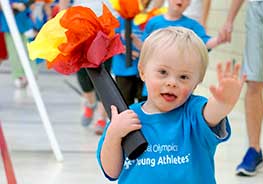Special Olympics Wisconsin, Inc. (SOWI) was created, and exists today, to give individuals with intellectual disabilities[1] the opportunity to train and compete in year-round sports activities.
To be eligible to participate as a registered SOWI athlete[2] a person must meet the following criteria:
- Be at least 8 years of age. There is no maximum age limit. An athlete must be 8 years of age by the medical deadline date in order for SOWI to process the medical forms and for the athlete to compete in that sport season.
- The person has been identified by an agency or professional as having:
- An intellectual disability as determined by their localities; or
- The person has a cognitive delay[3], as determined by standardized measures such as intelligent quotient or “IQ” testing or other measures which are generally accepted within the professional community in the United States as being a reliable measurement of the existence of a cognitive delay; or
- The person has a closely related developmental disability. A “closely related developmental disability” means having functional limitations in both general learning[4] (such as IQ) and adaptive skills[5] (such as in recreation, work, independent living, self-direction, or self-care). However, persons whose functional limitations are based solely on a physical, behavioral, or emotional disability or a specific learning or sensory disability are not eligible to participate as Special Olympics athletes but may be eligible to volunteer for Special Olympics.
- Agree to abide by the Official Special Olympics Sports Rules and the SOWI Athlete Code of Conduct.
Persons with multiple disabilities may participate in appropriate SOWI programming provided they also meet the noted criteria above.
NOTE: No person shall, on the grounds of sex, race, religion, color or national origin, be excluded from participation in, be denied benefits of, or otherwise subjected to discrimination under any program or activity of SOWI.
Source: Article 2.01, Special Olympics Official General Rules, Revised 2023.
For more information, contact
Samantha Sotelo
Athlete Records Manager
ssotelo@specialolympicswisconsin.org
Toll Free: (800) 552-1324
Direct Line: (608) 442-5677
[1] A synonym for mental retardation. May also be used synonymously with mental or cognitive disability.
[2] To be a registered SOWI athlete, eligible persons must complete an Athlete Registration Form, Athlete Medical Form, Athlete Release Form, Communicable Disease Waiver, and register under one of over 150 SOWI accredited agencies.
[3] Learning slower than ones typical peers and requiring specially designed instruction.
[4] General learning limitation refers to substantial deficits in conceptual, practical and social intelligence that will result in performance problems in academic learning and/or general life functioning.
[5] Adaptive skill limitations refers to an on-going performance deficit in skill areas considered essential to successful life functioning.



